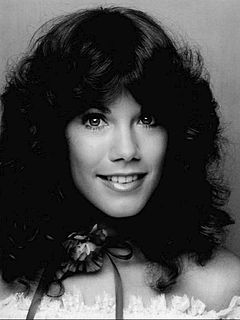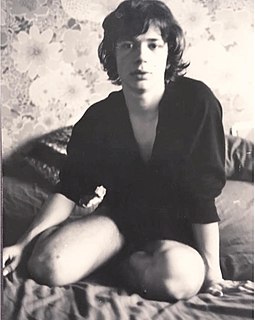A Quote by Cornel West
It's true that in reading an interview, I have a little critique of the objectification of women in a [Playboy] magazine that is perceived to doing that.
Related Quotes
One time I was doing an interview for a gay magazine and halfway through the journalist found out I wasn't gay. He said, 'Sorry, I can't continue the interview.' Because they only had gay public figures in their magazine. I felt so crestfallen. I wanted to tell him: but I play fundraisers for gay marriage! I'd rather my kids were gay than straight!'
In assembling this group of portraits of women, I'm aware that I'm treading on dangerous ground. When I was in college, I learned to be distrustful of men's depictions of women. I remember seeing Garry Winogrand's book Women Are Beautiful in the school library and being shocked that it hadn't been defaced for its blatant objectification of women. But looking back, maybe I was too harsh. Whether one photographs men or women, it is always a form of objectification. Whatever you say about Winogrand, his depiction was honest.
Sven Schumann did an interview with photographer Wolfgang Tillmans in Berlin addressing the question: What is photography today when everyone is a photographer? These kinds of questions and answers you find in a magazine, on paper and not on Instagram. For me this is the essence of a magazine - it's questioning what's going on today and celebrating true creativity without compromise.
Let's be clear about what people never say about Playboy on television. It was nothing more than an instrument for onanism. That's what it was. And the Internet co-opted that industry of self- gratification. There is no necessity for lonely men or teenagers to use Playboy. It turns out no one bought that magazine for the articles ever; it was used for only one thing.
When I was doing my research for 'Branded,' I'd meet groups of teenagers and preteenagers or tweens, and they would laugh at a magazine spread in a women's magazine or teen girl magazine and say, 'I'd never buy this outfit. I know these girls are starving themselves.' But they probably would go out and buy the thing eventually.



































